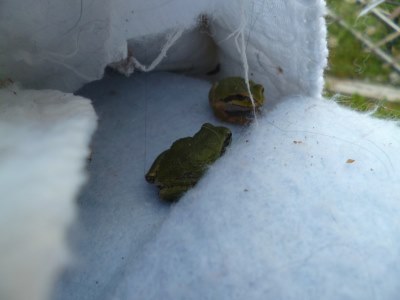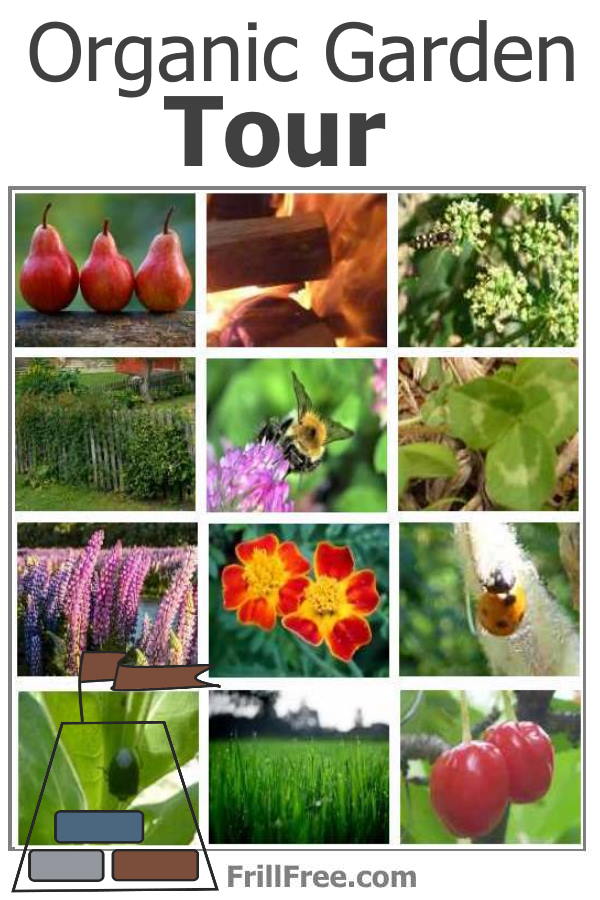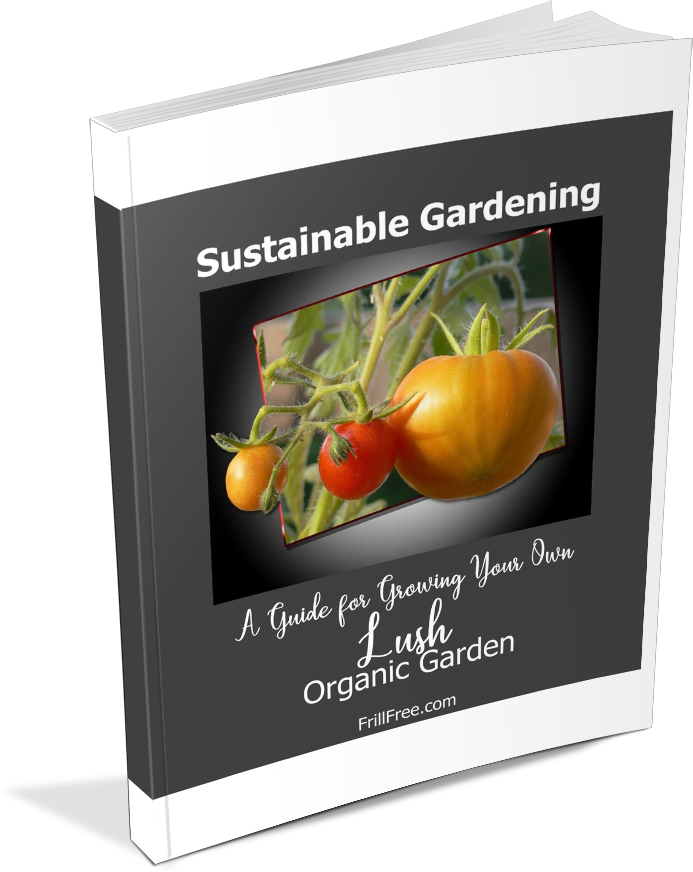- Homesteading
- Gardening for Beginners
- Organic Garden Tour
Organic Garden Tour
What's happening in July...
July is normally when we start to see the first intensely hot weather in my area; after a wet June, it's here and I'm loving it.
Summer is when things really grow well, as long as there is enough moisture; the days are longest with the approach of the Solstice on June 21, and then even though they start to shorten after that, vegetables that like those long days will thrive.
Interestingly, the further north you go, the longer the days.
This is caused by the fact that the curve of the earth is smaller, which means that the sun comes up earlier in the morning, and goes down later; in the arctic and even in places like Dawson Creek, this translates to a lot of growing time every day.
Where I am is very close to the 49th parallel, which means I also have warm night time temperatures; the best of both worlds.
Tomatoes, beans, summer squash and other sun worshiping vegetables love it too.
They require the heat for their best growth; it's up to you to keep them watered, and fed. All of these are what's called 'heavy' feeders, which means they need good nutrition.
What I feed my vegetable plants...
Compost tea, or a top dressing of some of the other high nitrogen fertilizers will help to keep them growing quickly; don't let them slow down, or in some cases this will cause problems with these kinds of plants, sending them into an early bolting (flowering) or a stall, which they generally will never recover from.
I will also top dress with worm castings if something looks pale.
It's never a bad time to add compost to your soil; a continuous topdressing of black gold keeps your garden fully activated and the microorganisms busy.
This is one of the absolute best mulches you can use. Then in the fall, scratch it in to boost the soil for the following year.
Watering - don't stop now!
So, to keep all your vegetables producing as long as possible, keep the water going; early morning water is best, because the ground is eager to receive it, and it can soak in quickly before the heat of the day.
Pre-warmed water, kept in a black painted barrel or tank will be the best thing you can use; cold water can shock the roots, and prevent the plant from absorbing it for up to 24 hours.
Click on any of these pictures to open the gallery for more details:
Cover that soil...
Mulching helps for weed control, and prevent moisture loss too - any kind of organic material such as dried or partially dried grass clippings (don't put these on wet, because they'll heat up, stink unbearably, and burn the stems of the plants).
I like shredded newspaper, wood chips (in moderation, because any wood product can tie up nitrogen) and straw.
Do yourself a favor, and learn the difference between straw and hay. Straw is the stems of grain like wheat or barley, and hay is the stems, flowers and seed heads of grass, legumes like clover and alfalfa, and yes, you got it, weeds.
Hay can be used in areas that are constantly re-mulched, like pathways, but you don't want to use this on your garden beds.
You can also use the entire bale as is, for a garden. Find out more about Hay Bale Gardening here.
Don't like weeding? Me either!
Speaking of weeds; there is evidence to support the theory that weeds help your plants to seek out the water in lower levels of soil.
This is good enough for me! I generally leave the weeds, and only cut them off when they start to flower. Nature abhors a vacuum, so if you can keep the soil shaded, this is generally enough to prevent more weeds from germinating.
I've gone to a partial no-till system, and my plants seem to be liking it. The early growth of the weeds shades the soil, preventing it from drying out, and then the vegetables use the stronger weed stems for support.
In time, the tops of the weeds are cut off, leaving the stems, which will continue to support plants like tomatoes up until the cooler weather of fall.
 Two Pacific Tree Frogs, biding their time until nightfall when they can go and catch their dinner...
Two Pacific Tree Frogs, biding their time until nightfall when they can go and catch their dinner...Whatever you do in your garden affects everything around you; the more natural and free from chemicals and disturbance, the better for all the little creatures; take these Pacific Tree Frogs for instance...













